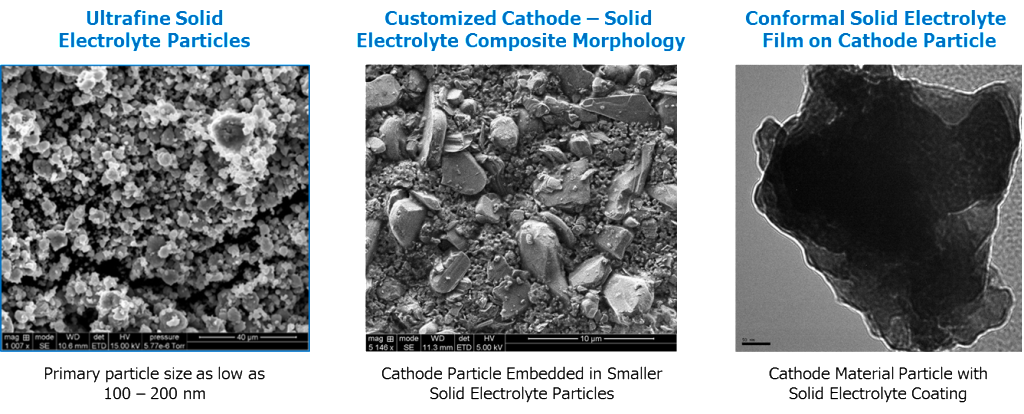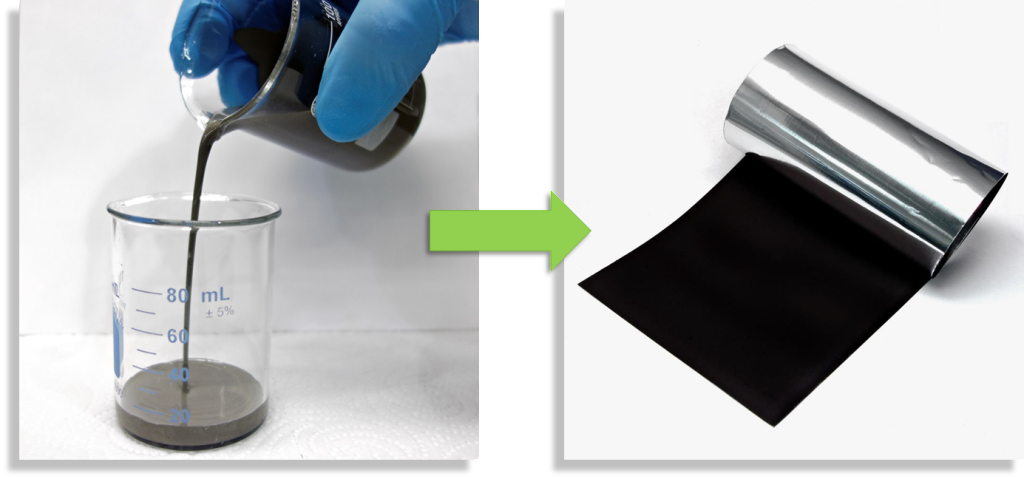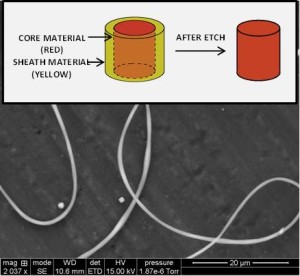Price Increases will go into effect on January 1, 2022
November 1, 2021
Dear Customers,
In recent months we have experienced significant increases in the cost of raw materials and labor, and we are now at a point that we can no longer shoulder the burden by ourselves. Unfortunately, we are not immune to the spike in inflation that all of us have been experiencing.
Starting January 1, 2022, you can expect to see a price increase of up to 6% depending on the type of product or service we offer. Any order placed between now and the end of this year will be honored at the current prices. We sincerely hope you understand the need for the price increase.
We thank you for being a valued customer.
Sincerely,
NEI Corporation




